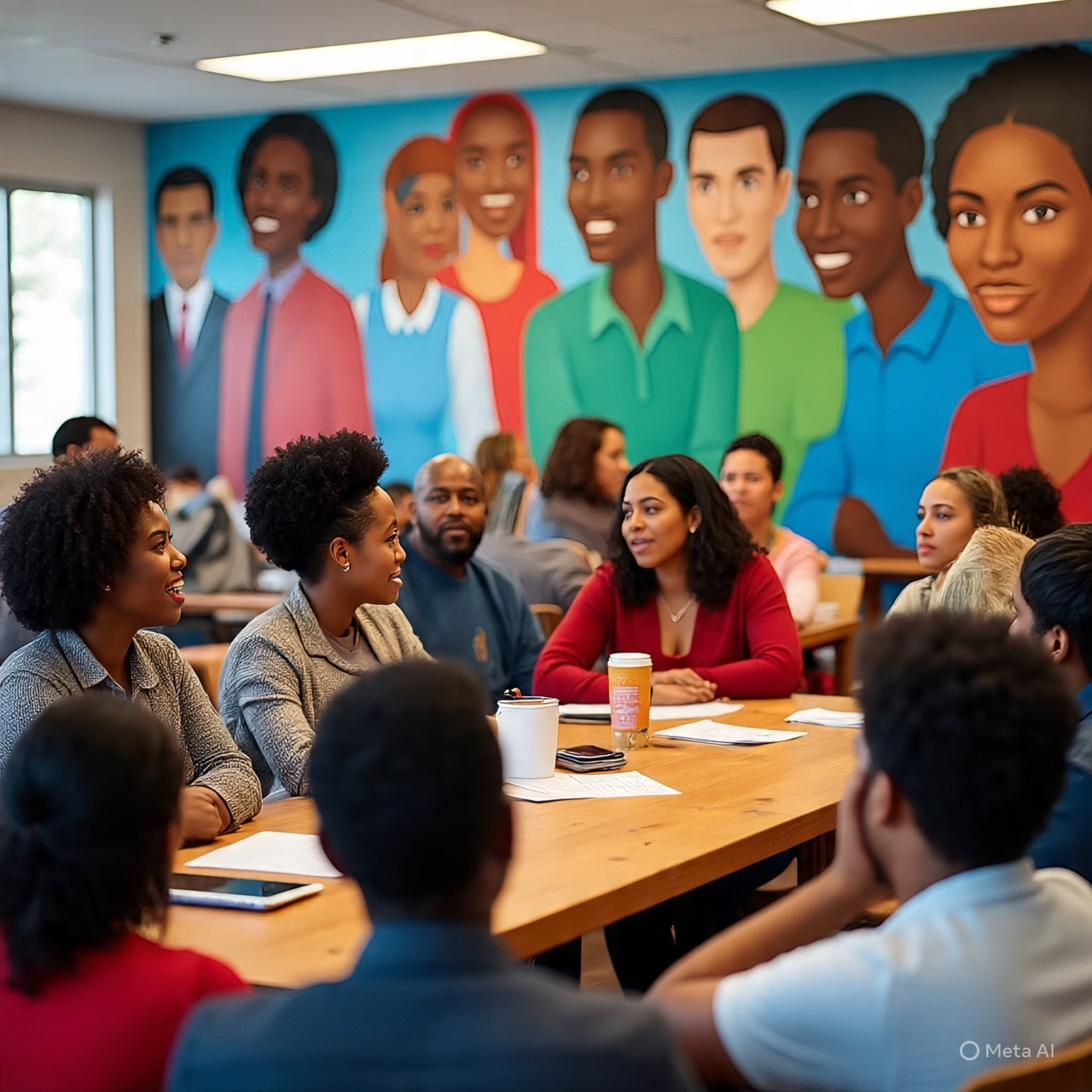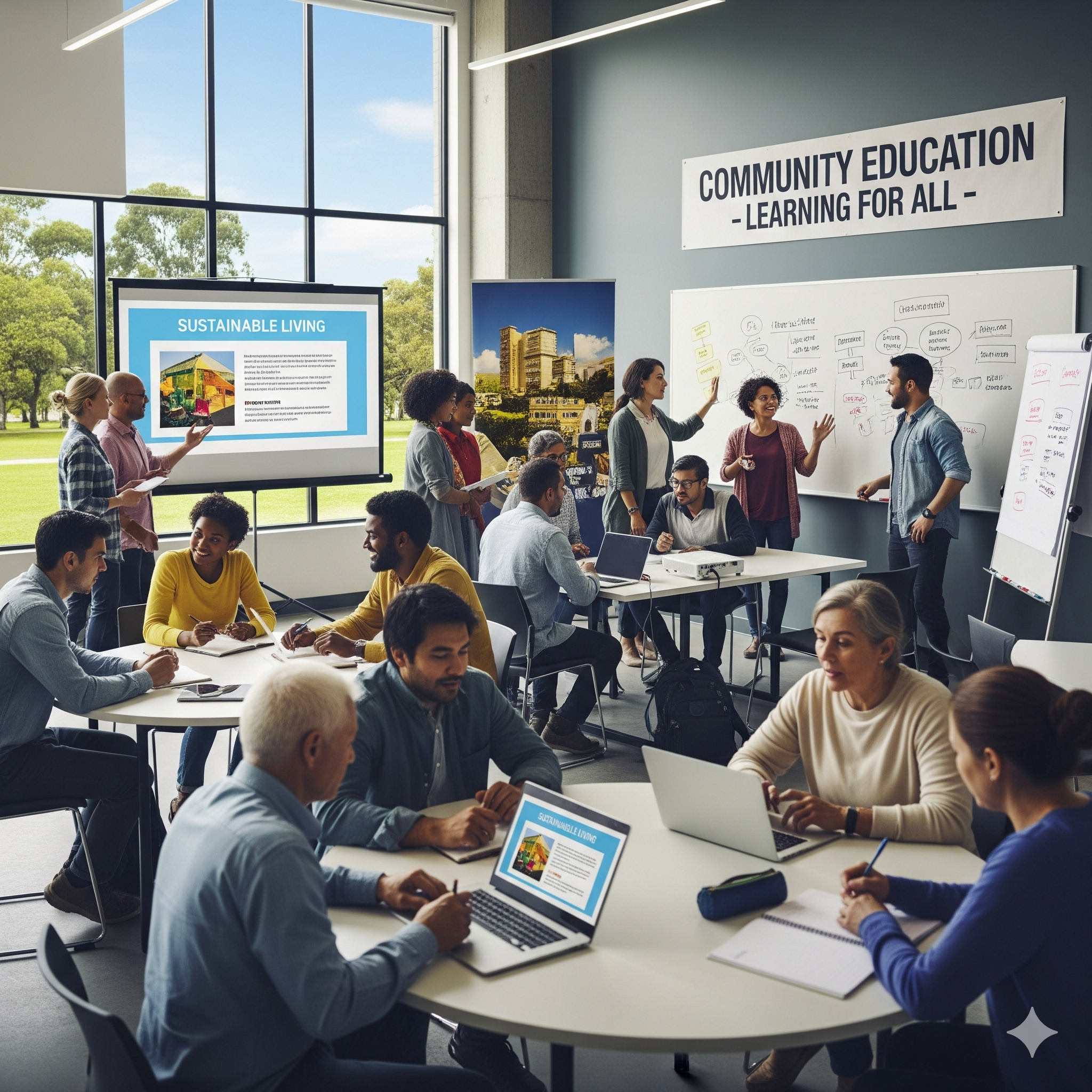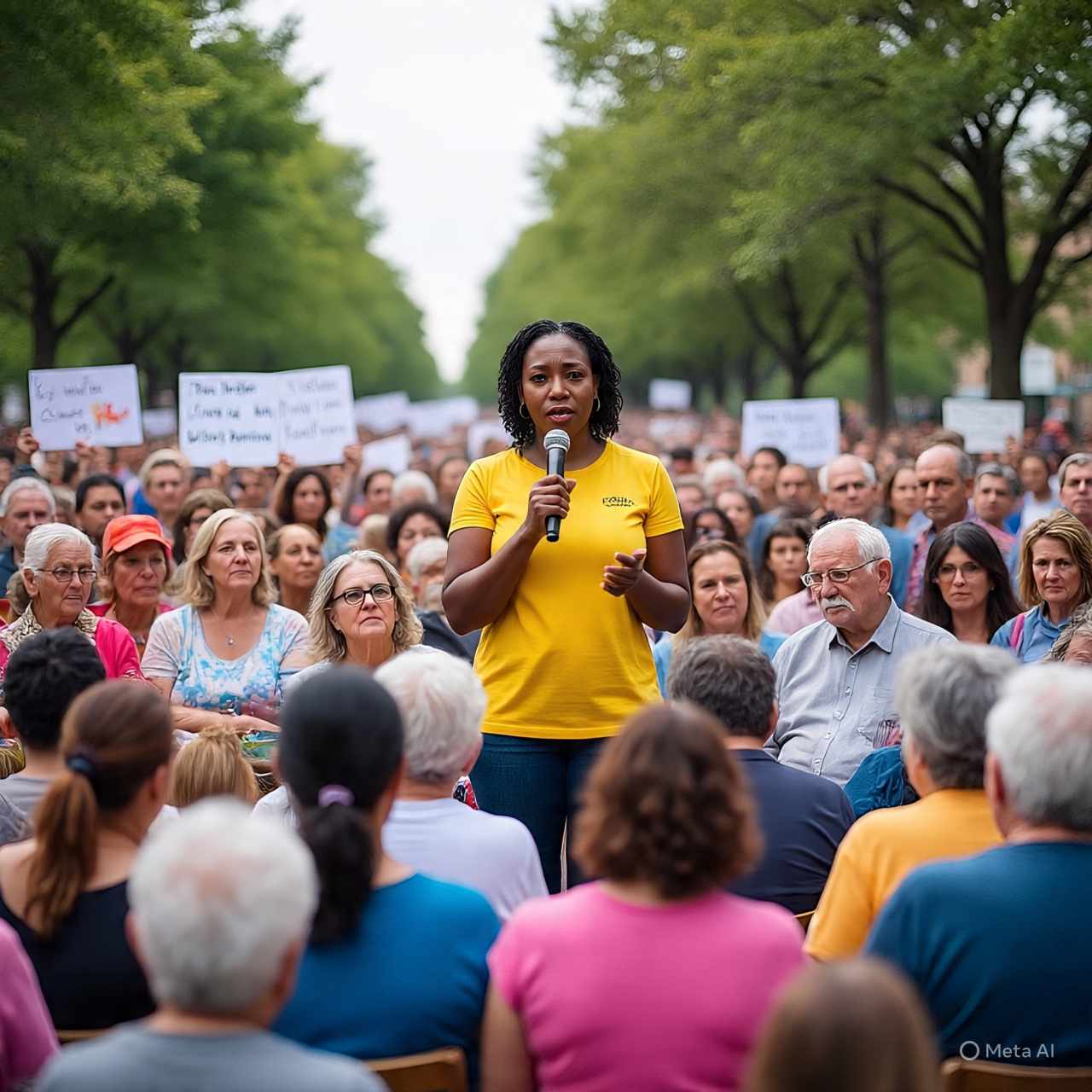
Black Lives MatterJustice for All
We fight for racial justice, community empowerment, and meaningful change across Georgia and beyond. Together, we rise. Together, we act. Together, we demand justice.

We fight for racial justice, community empowerment, and meaningful change across Georgia and beyond. Together, we rise. Together, we act. Together, we demand justice.
We stand as one people. Every voice, every dollar, every act of courage pushes us closer to a world built on dignity and truth. Your support makes this possible — it powers our work, strengthens our communities, and keeps the movement alive.
Donate Now →Together, we rise. Together, we move.

The fight for justice doesn’t rest — and neither do we. Join us on the ground, online, and in your neighborhood to build lasting change. Stand up. Speak truth. Protect our people.
When we move together — we win together.
Black Lives Matter Georgia was founded in 2020 during one of the most defining moments of our generation. In the midst of the COVID-19 pandemic and the nationwide reckoning following the murder of George Floyd, our communities were grieving, isolated, and searching for unity, strength, and a voice.
We rose from that moment with a clear purpose: to build a movement that ensures every Black person in Georgia is heard, protected, supported, and empowered. What began as a grassroots response to injustice has grown into a trusted nonprofit organization committed to racial equity, community empowerment, advocacy, and direct support.
Today, we continue that work — standing with families, fighting for justice, and investing in a future where every voice matters and every life is valued.
We are committed to dismantling systemic racism and creating lasting change through community empowerment, policy reform, and grassroots organizing across the nation.
Building strong, organized communities that can advocate for their own interests and create lasting change.
Working to change laws and policies that perpetuate racial inequality and injustice in our country.
Providing resources, education, and support to individuals and families affected by racial injustice.
Real stories from real people making a difference in their communities across the nation.

From student activist to community organizer, Maya’s courage sparked reform and inspired youth-led justice across Atlanta.
Maya began organizing in college, tired of watching her peers face injustice in silence. Through mentorship and community alliances, she built a coalition that pushed for transparency, accountability, and better training within local policing. Today, Maya mentors others to lead — reminding them that movements grow through love, persistence, and truth.

A civil rights veteran guiding the next generation through the lessons of struggle, unity, and purpose.
Elder James marched for freedom in the 1960s — now, he teaches youth the power of organizing without fear. His community center hosts free civic education workshops, teaching history not as the past but as a living reminder: progress requires sacrifice, faith, and community rooted in love.

A neighborhood’s unity turned hardship into hope through food drives, mentorship, and shared care.
When the pandemic hit, neighbors who barely spoke began organizing food drives and after-school care. What started as survival became solidarity — a model of what’s possible when people see each other not as strangers, but as family. Together, they built a space where everyone belonged, and no one was left behind.
There are many ways to get involved and make a difference in your community.
Register to vote and make your voice heard in every election.
Voting is one of the most powerful tools we have to shape our future. Check your registration status, help others get to the polls, and learn about local races that directly impact your community’s safety, schools, and housing.
Join our team of dedicated volunteers working for change.
Whether it’s organizing community events, mentoring youth, or supporting local outreach, your time and energy build the heartbeat of this movement. Volunteer with us and turn passion into action.
Contact your representatives and advocate for policy change.
Advocacy means raising your voice for justice — from city councils to statehouses. Learn how to draft letters, join local coalitions, and make policy makers hear the demands of our communities loud and clear.
Your donation helps us continue our vital work of organizing communities, advocating for policy change, and supporting those affected by racial injustice.